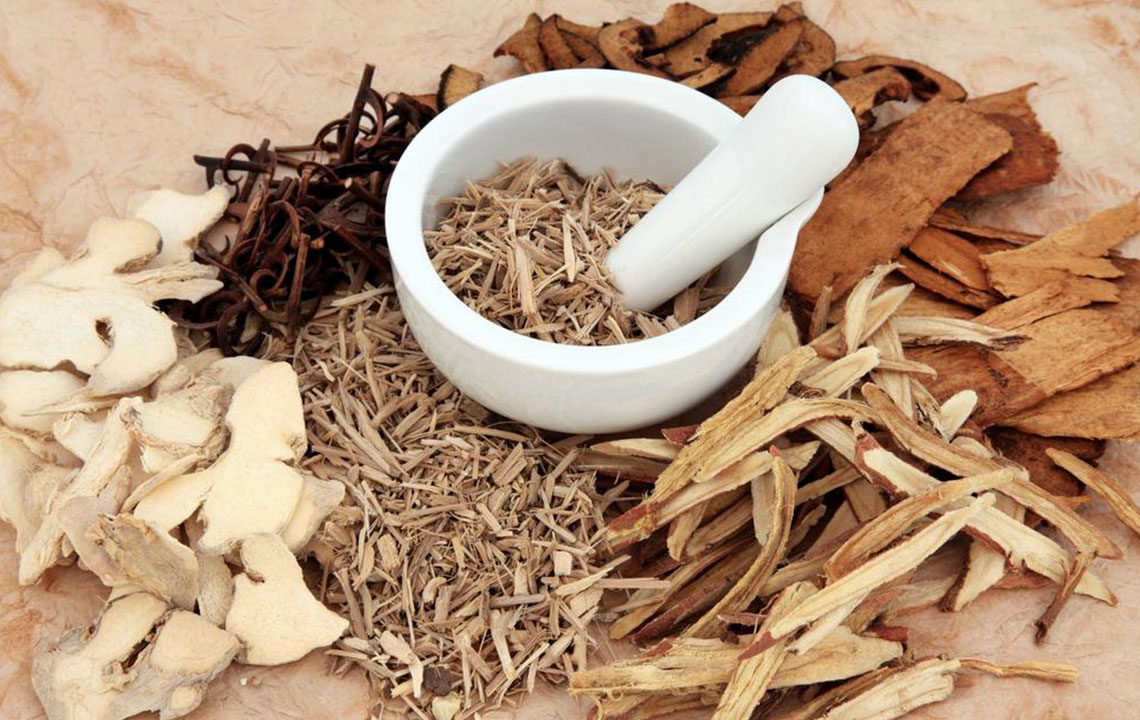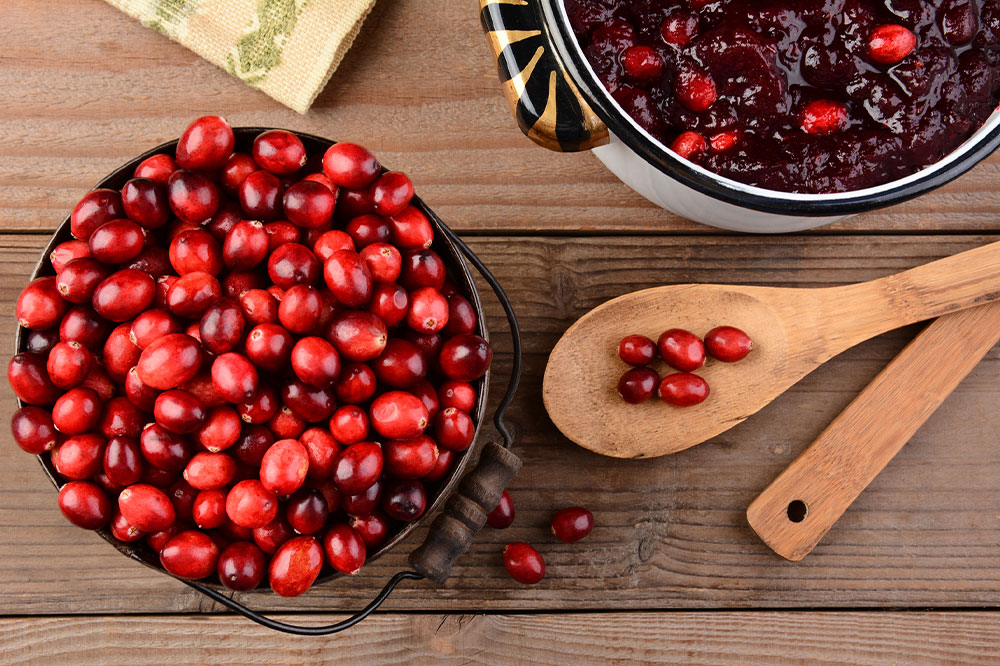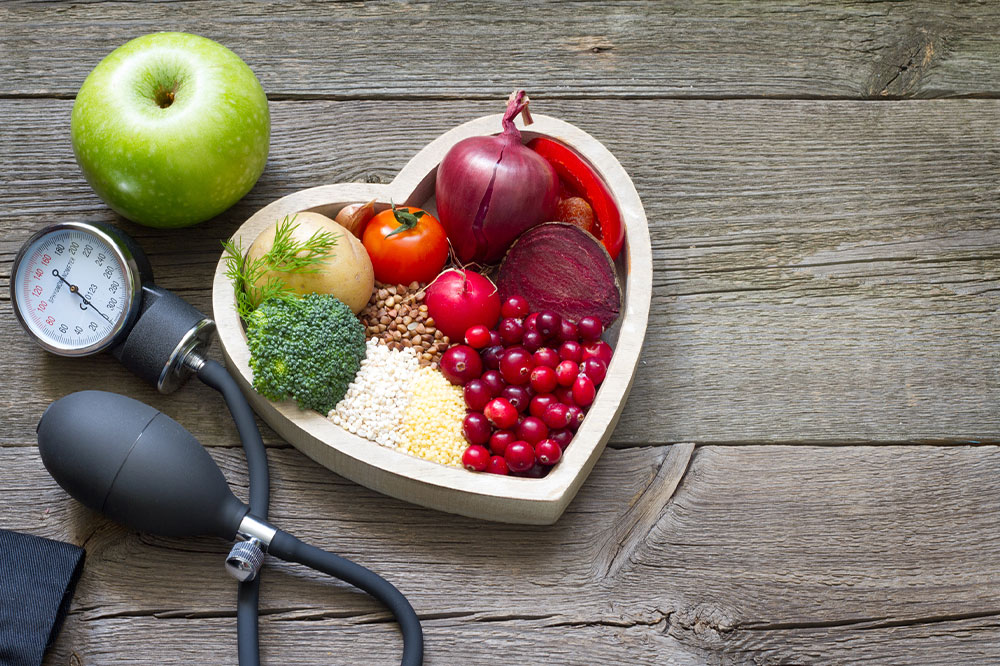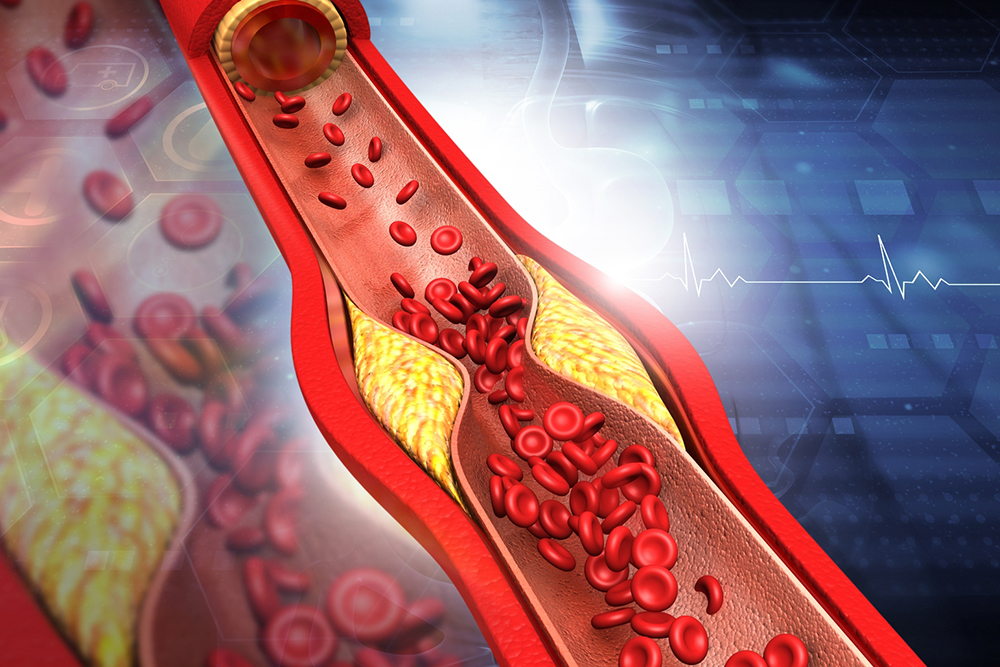Natural Strategies to Manage Elevated Cholesterol Levels
Explore natural and herbal methods to manage high cholesterol effectively. This article highlights remedies like astragalus, hawthorn, flaxseed, omega-3 rich fish, garlic, red yeast rice, and plant sterols. Combining these with a healthy lifestyle can enhance heart health and reduce cardiovascular risk. Always consult a healthcare professional before starting new treatments, and prioritize regular health check-ups for early detection and prevention of high cholesterol-related issues.
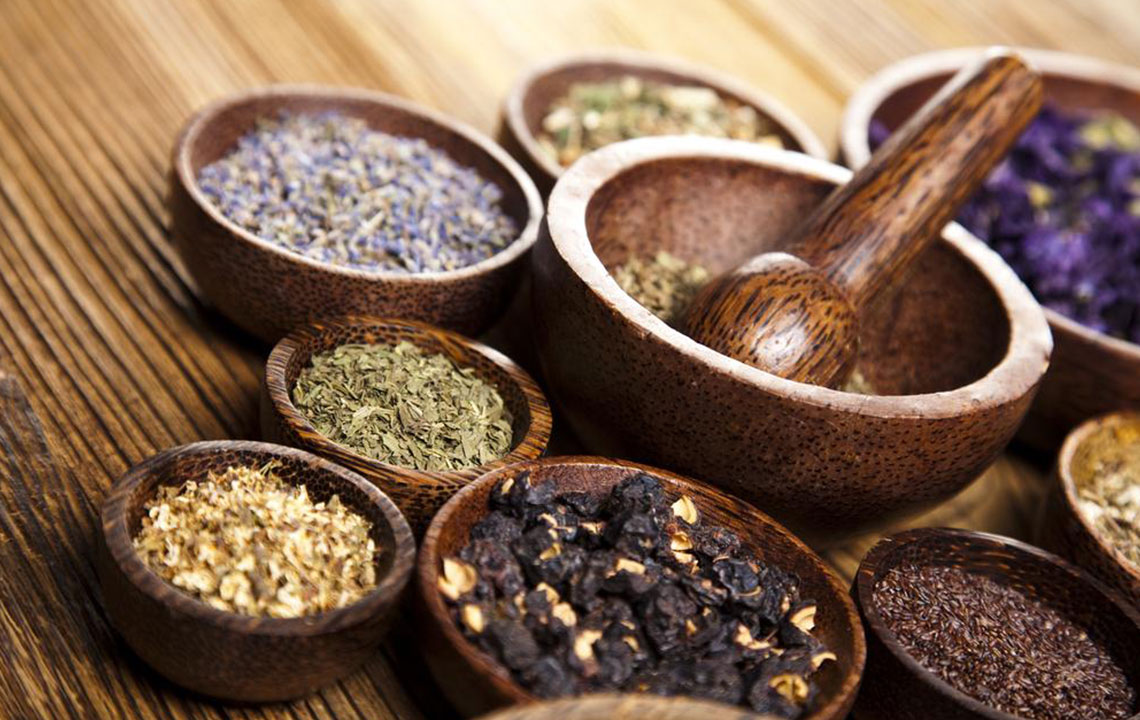
Discover Natural Approaches for Lowering High Cholesterol
Managing high cholesterol can often be achieved through herbal remedies, dietary adjustments, and natural therapies. These approaches tend to be most effective in early stages before the condition worsens. Scientific studies support the efficacy of certain herbs and natural remedies in reducing cholesterol levels, though they are not proven to treat heart failure. Many individuals have experienced positive results with alternative treatments, leading them to incorporate these natural methods into their health routines.
Below is a selection of herbal and natural options that can support your effort to control high cholesterol as part of a healthy lifestyle:
Astragalus
Traditionally used in Chinese medicine, Astragalus is known to boost immune function and offers anti-inflammatory and antibacterial benefits. As an adaptogen, it helps protect against various health issues and may support cardiovascular health, making it a valuable natural remedy for managing cholesterol.
Hawthorn
This shrub from the rose family has been used since Roman times to treat heart problems. Its leaves, berries, and flowers are believed to assist in mild heart failure cases. However, there’s limited evidence supporting its use specifically for lowering cholesterol.
Flaxseed
Derived from the flax plant, flaxseed and its oil are rich in alpha-linolenic acid (ALA), an omega-3 fatty acid that may reduce heart disease risk. Studies suggest flaxseed can help lower cholesterol levels, especially for individuals with high cholesterol or postmenopausal women.
Fatty Fish Rich in Omega-3s
Fish such as salmon, tuna, sardines, and mackerel contain high levels of omega-3 fatty acids. Regular consumption can improve heart health and reduce the risk of cardiovascular events. Fish oils and other omega-3 supplements are excellent options, along with foods like walnuts and canola oil to boost heart health.
Garlic
Used in cooking and medicine for thousands of years, garlic can be consumed raw or cooked. It has been shown to lower blood cholesterol, reduce blood pressure, and slow atherosclerosis progression. Continued intake over several months can yield significant health benefits.
Red Yeast Rice
Traditionally used in Chinese cuisine and medicine, red yeast rice contains monacolin K, similar to the cholesterol-lowering drug lovastatin. However, products vary in monacolin K content and may contain contaminants like citrinin, which can harm the kidneys. Caution is advised when choosing supplements.
Plant Sterol and Stanol Supplements
Naturally found in fruits, vegetables, grains, nuts, and seeds, as well as processed foods like margarine and yogurt, these compounds help block cholesterol absorption in the intestine. They are shown to reduce LDL (bad) cholesterol levels and lower heart disease risk.
Beyond natural remedies, conventional medications such as statins, fibrates, and bile acid sequestrants are also effective in managing high cholesterol. Maintaining a balanced diet, exercising regularly, and managing stress are key preventative strategies.
If you experience high cholesterol symptoms or are at risk, consult a healthcare professional before starting any treatment. Regular check-ups are essential for early detection and prevention of cardiovascular issues.

